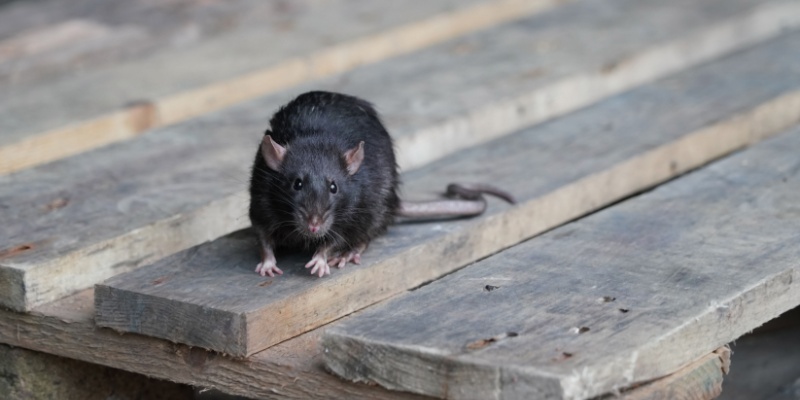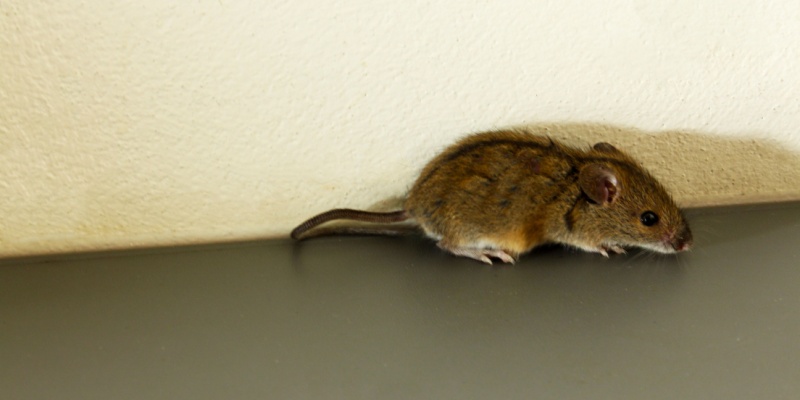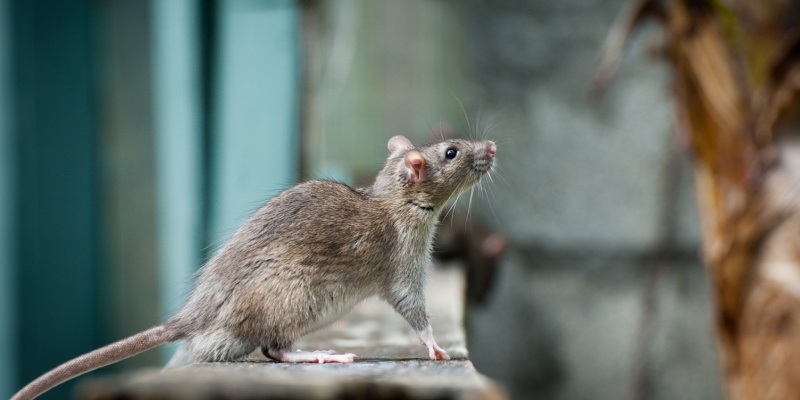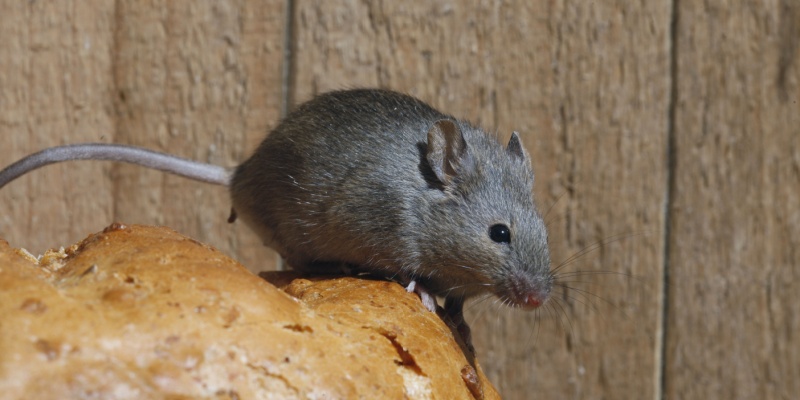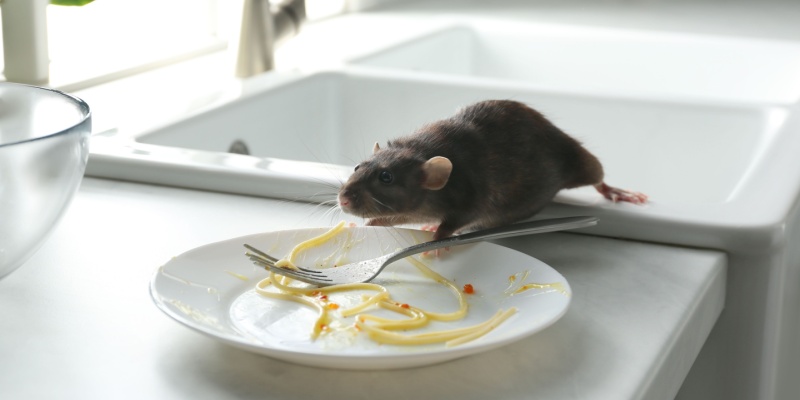Rodents are an issue many homeowners face, and Haskell, NJ, is no exception. These pests can invade homes throughout the year, seeking food, shelter, and warmth. Understanding why rodents are so prevalent in the area and how to handle an infestation can help homeowners protect their properties.
Why Are Rodents Common in Haskell?
Haskell’s environment provides an ideal habitat for rodents. With a mix of residential neighborhoods, wooded areas, and access to water sources, it offers everything rodents need to thrive. During colder months, mice and rats look for warm indoor spaces to nest, while in warmer seasons, they seek easy access to food and water. Homes and businesses with open trash bins, unsecured food storage, or structural vulnerabilities are particularly at risk.
Common Types of Rodents in the Area
The most common rodents found in Haskell homes include:
- House Mice:
Small and agile, house mice can squeeze through openings as small as a dime. They are excellent climbers and can nest in walls, attics, and basements.
- Norway Rats:
Larger and more aggressive than mice, Norway rats prefer to nest in basements, crawl spaces, or near foundations. They are strong chewers and can cause significant structural damage.
- Roof Rats:
These rodents are skilled climbers and often enter homes through roofs, nesting in attics or high spaces.
Signs of a Rodent Problem
Recognizing the early signs of a rodent infestation can save you from more extensive damage later. Common indicators include:
- Droppings near food storage, in drawers, or along walls
- Gnaw marks on furniture, wires, or food packaging
- Scratching noises in walls, ceilings, or attics, especially at night
- Nests made of shredded paper, fabric, or insulation
- A musky odor in enclosed spaces
- Visible tracks or smudges along baseboards or walls
- Sightings of live or dead rodents
If you notice any of these signs, it’s crucial to act quickly. Rodents breed rapidly, and a small issue can escalate into a major infestation.
The Risks of Rodent Infestations
Rodents pose several risks to homeowners. They can:
- Damage Property:
Rodents chew through wires, wood, and insulation, leading to potential fire hazards and costly repairs.
- Spread Diseases:
Rodents carry diseases such as hantavirus, leptospirosis, and salmonella, which can be transmitted through droppings, urine, or direct contact.
- Contaminate Food:
Any food or surfaces touched by rodents can be contaminated, posing health risks to your family.
How to Prevent Rodent Infestations
Prevention is the best defense against rodents. Homeowners can take these steps to reduce the risk:
- Seal cracks and gaps in walls, doors, and windows
- Keep food in airtight containers
- Regularly clean up crumbs and spills
- Dispose of garbage properly, using sealed bins
- Trim trees and shrubs away from your home
- Inspect your home regularly for signs of rodent activity
When to Call a Professional
While DIY methods like traps and baits can help with small infestations, professional pest control is often necessary for more significant issues. Experts can identify the extent of the infestation, locate entry points, and implement effective treatments to eliminate rodents and prevent their return.
Rodents are a common problem in Haskell, but with proper precautions and timely action, you can keep your home rodent-free. If you suspect an infestation, don’t wait—addressing the issue early will save you time, money, and stress in the long run – get in touch with Abarb Pest Services today.
